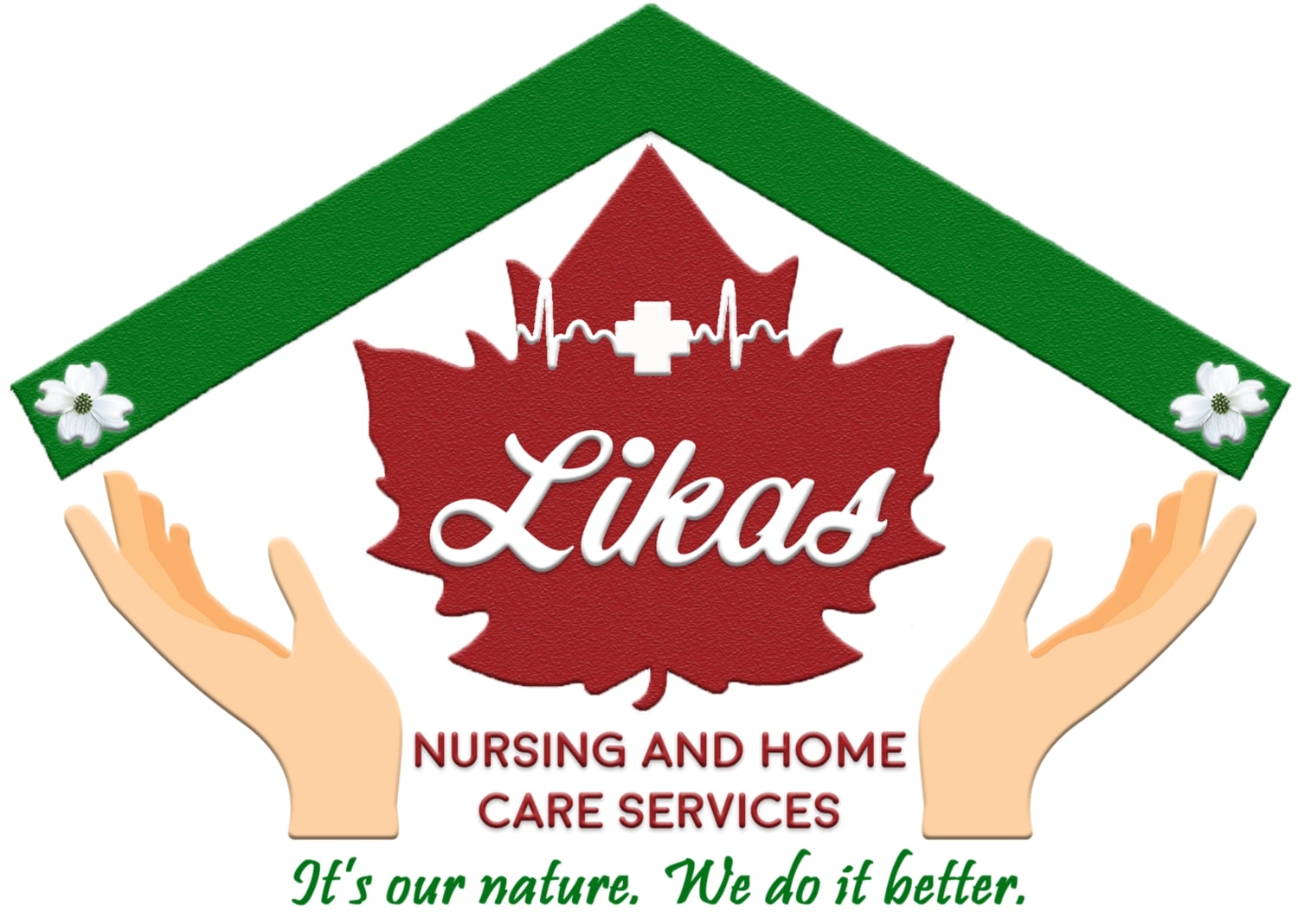What Causes High Cholesterol in the Elderly
Explore the causes of high cholesterol in the elderly and discover practical tips, lifestyle changes and treatments to manage heart health effectively.
Explore the causes of high cholesterol in the elderly and discover practical tips, lifestyle changes and treatments to manage heart health effectively.
Learn how to identify and support elderly loved ones with depression through practical tips, treatments, and social engagement strategies.
Learn the warning signs of diabetes in the elderly. Early detection helps prevent complications and supports better health outcomes for seniors.
Learn how to prevent arthritis through lifestyle changes like diet, exercise, stress management, and regular check-ups to protect your joints.
Learn how to prevent falls in the elderly with safety tips, exercises, home adjustments, and assistive tools to protect mobility and independence.
Learn why older adults are more vulnerable to influenza and how vaccination, hygiene, and early care can reduce severe illness and complications.
Respiratory diseases in seniors can be serious. Discover common types, symptoms, prevention tips, and care strategies to support elderly lung health.
Learn how aging affects heart health, common heart diseases in seniors, symptoms, diagnosis, and ways to prevent cardiovascular issues.
Discover effective lifestyle and therapeutic strategies to prevent obesity in the elderly. Expert guidance tailored for older adults.
Discover expert tips and strategies on how to prevent pneumonia in elderly loved ones to ensure optimal health and well-being.
Discover the underlying causes of sudden extreme fatigue in the elderly, and learn how lifestyle choices can make a difference.
Discover a wide range of engaging and enjoyable elderly recreational activities to keep seniors active and entertained.
